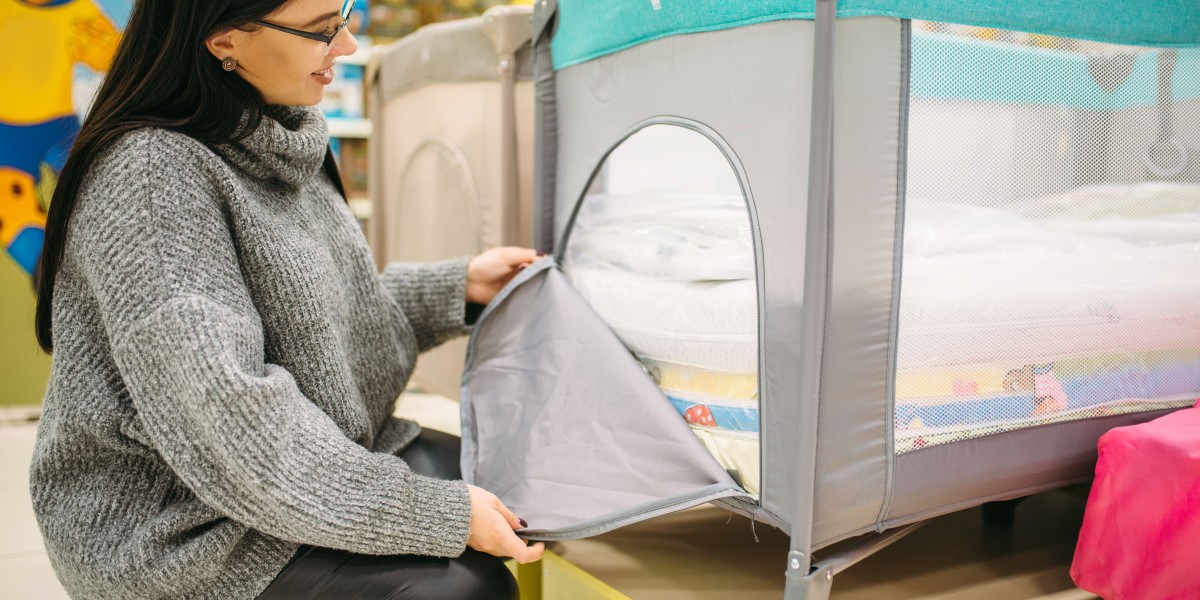Rollator with Storage: A Comprehensive Guide for Independent Mobility
Rollators are mobility aids developed to help individuals with walking problems while promoting independence and safety. Unlike standard walkers, rollators come geared up with wheels for effortless navigation, making them a vital tool for lots of elderly and disabled people. One of the key functions that enhance the functionality of rollators is storage. This article checks out rollators with incorporated storage options, highlighting their benefits, types, and essential factors to consider when selecting the ideal design.
Comprehending Rollators
What is a Rollator?
A rollator is a wheeled walker that provides assistance for people who might deal with balance or endurance. Generally, rollators are developed with the following features:
- Wheels: Rollators are equipped with either two or 4 wheels, allowing for smooth maneuverability.
- Hand Brakes: Most have hand brakes for added safety, making it possible for users to control their speed.
- Seat: Many models include a built-in seat, supplying a resting point when needed.
- Storage: Rollators often feature baskets or bags for bring individual products like water bottles, groceries, or medical supplies.
Benefits of Using a Rollator with Storage
The addition of storage options in rollators brings a number of benefits:
- Convenience: Users can quickly transport individual valuables, lowering the need for additional assistance.
- Self-reliance: Having access to vital products while being mobile empowers people to keep their self-reliance in different environments, such as grocery shops, parks, or homes.
- Safety: By firmly keeping items, users can more with confidence browse their environments without the risk of dropping important products.
- Convenience: Having a seat for resting enables users to take breaks when needed, further enhancing mobility.
Types of Rollators with Storage
Several kinds of rollators come geared up with storage solutions:
| Rollator Type | Description | Appropriate for |
|---|---|---|
| Standard Rollator | Generally includes 4 wheels and a sturdy frame. Storage options, like an integrated bag or basket, are often included. | General use, outdoors |
| Compact Rollator | A smaller version that folds easily for transport. While these models typically have limited storage, numerous still include minimal performance. | Travelers and tight areas |
| Durable Rollator | Created for larger people, these rollators frequently have much better storage capability. | Larger users, stability requires |
| Rollator with Seat Walker | Functions a built-in seat for resting. Storage options vary, often consisting of baskets or shopping bags. | Those needing regular breaks |
| Walker-Carrier Combo | Serve as both a rollator and a Lightweight Walker 4-wheel Rollator For Seniors walker with seat - Blue (Www.Mymobilityscooters.uk) cart, suitable for shopping journeys. | Grocery shopping, outdoor use |
Choosing the Right Rollator with Storage
When selecting a rollator with storage, a number of aspects ought to be thought about to ensure that it satisfies private requirements.
Secret Features to Assess
- Weight Capacity: Always inspect the weight limit of the rollator to ensure safety and functionality.
- Size and Foldability: Consider how the rollator fits in your living space and whether it can be quickly saved or carried.
- Storage Capacity: Assess the size and accessibility of storage compartments. Try to find choices that enable protected storage without frustrating the user with intricacy.
- Adjustable Handles: Ensure that the manages can be gotten used to the proper height to improve convenience and ergonomics.
- Braking System: A dependable braking system is vital. Make sure the brakes are simple to engage and disengage.
- Wheel Size and Type: Larger wheels can browse rougher terrain, while smaller sized ones might be preferable for flat surfaces.
Extra Considerations
- Accessories: Many rollators have optional devices, such as cup holders or seat cushions, to enhance user experience.
- Service warranty and Support: Investigate whether the producer supplies a service warranty for problems or damages.
- User Reviews: Online customer reviews can use valuable insights into efficiency and complete satisfaction.
Maintenance and Care of Rollators
To make sure durability and ideal efficiency, routine upkeep is important. Users must think about the following practices:
- Regular Cleaning: Wipe down the frame and components to prevent rust and maintain hygiene.
- Inspect Brakes: Ensure that the brakes are operating appropriately and change them as needed.
- Examine Wheels: Regularly inspect for any debris captured in the wheels or signs of wear and tear.
- Tighten Hardware: Periodically examine and tighten up screws or bolts to preserve safety.
Regularly Asked Questions (FAQs)
1. How do I pick the ideal size rollator for me?
Picking the best size includes evaluating your height and weight, in addition to monitoring manage height changes to guarantee that it is suitable for your stature.
2. Can I use a rollator on unequal surface?
Yes, some rollators are created with larger wheels and shock-absorbing systems that make them better for uneven terrain. It's important to inspect the requirements.
3. Is it simple to fold a rollator for transport?
A lot of modern rollators are designed to be easily foldable. Search for instructions in the user manual that accompany your selected model.
4. How much weight can a normal rollator support?
Most basic rollators support in between 250 to 350 pounds; nevertheless, heavy-duty designs can support greater weights.
5. Can I include devices to my rollator?
Yes, many rollators featured the option of including accessories like cup holders, trays, and bags to boost functionality.
In summary, a rollator with storage is an important mobility aid that empowers individuals while offering them with the benefit of transporting important items. By comprehending the various types, crucial functions, and maintenance requirements, users can with confidence choose the ideal rollator that fits their lifestyle, promoting independence and convenience in everyday activities. As mobility aids continue to progress, they become significantly essential for improving the quality of life for elderly and disabled people.








